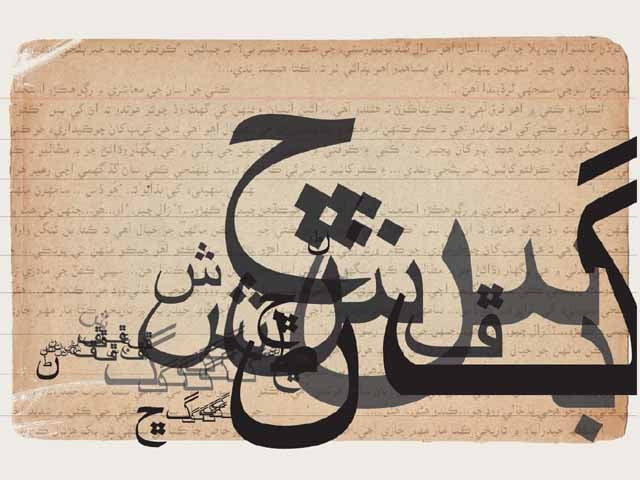Transitions: Poet extraordinaire Prof. Afaq Siddiqui passes away at 86
He was a Pride of Performance Award and the Shah Abdul Latif Bhittai Excellence Award recipient.

Famous poet and writer, Prof. Afaq Ahmad Siddiqui, passed away after protracted illness on Sunday morning at the age of 86.
He leaves behind a widow, a son along with scores of disciples and pupils in Karachi, Sukkur and Mirpurkhas. Author of some 40 books, 18 of which are in Sindhi, Siddiqui served as a literary bridge between Urdu and Sindhi. His poetical translation of Shah Jo Risalo is considered a major contribution in this regard.
He was born in May 1928 in Mainpuri, India. His father, Mohammad Ishaq, was also a poet and has to his credit three published works of poetry. Siddiqui spent his childhood and adolescence in economic hardship as his father, who was in police service left the job when Siddiqui was only four-years old.
He got his elementary education in his village and then studied at schools in Kamalganj and Fatehgarh from where he passed his matriculation examination. He completed his higher education in Pakistan. He mastered Sindhi language following his fascination with the poetry and message of Shah Abdul Latif Bhittai.
“Immediately after the Partition, I migrated to Pakistan. I was the only one from my family to come here. My parents, brothers and sisters, and almost all relatives chose to stay there,” Siddqui once said in an interview. “I will always have a regret in life and that is that I migrated against my father’s wishes and soon after I came here, he expired.”
After a brief stay in Karachi, Siddiqui decided to settle in Sukkur. There he formed a Muslim Education Society and helped establish 14 schools.
In his autobiography, Subeh Karna Shaam Ka, Siddiqui recalls his arrival in Karachi soon after the Partition, and his appointment as a teacher in Sukkur at a time when there were hardly any schools in the area.
He received various awards including the Pride of Performance Award and the Shah Abdul Latif Bhittai Excellence Award. Many of disciples recall Afaq Siddiqui as loving and inspiring teacher and an activist with an untiring zeal for the promotion of literature and literary values.
He spent around six decades in teaching, research and creative writing. But he is better known for his works on the poetry of Shah Abdul Latif Bhittai and his translations into Urdu.
He will always be remembered for his painstaking efforts to bring Urdu and Sindhi languages and their writers closer. Some of his compilations, particularly, Aks-i-Latif, Payam-i-Latif, Sur-i-Latif and Aqwal-i-Sachal Sarmast, are living testimony to his efforts in this regard.
Very few people now remember that it was Siddiqui who first introduced and promoted Shaikh Ayaz as an Urdu poet.
He was admired and loved for his commitment to literature and its promotion. Secular in his outlook, he was inspired by the Progressive Writers Movement at an early stage and all through his life remained above ethnic and sectarian divisions and never subscribed to any of the literary camps in Urdu and Sindhi. His six collections of poetry reflect his faith in finer human values and dignity of man.
Published in The Express Tribune, June 18th, 2012.


















COMMENTS
Comments are moderated and generally will be posted if they are on-topic and not abusive.
For more information, please see our Comments FAQ